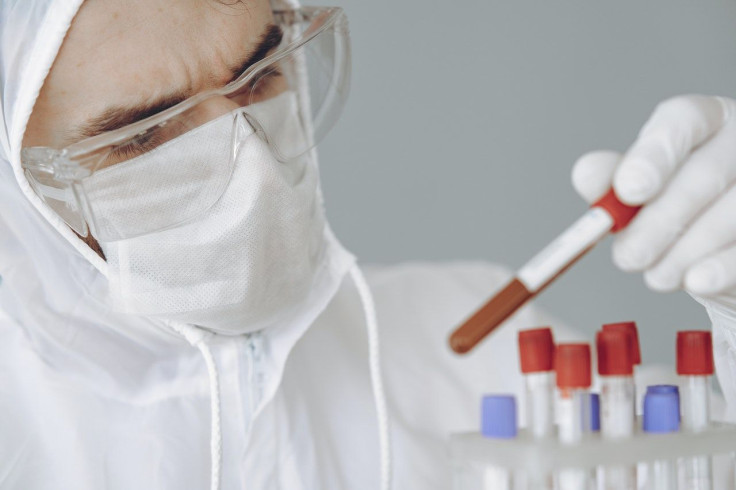Coronavirus Antibody Tests Can Give Inaccurate Results Half The Time, Warns CDC
The antibody testing which was used to find out if an individual has already been infected with the novel coronavirus in the past might be wrong up to half the time, according to the U.S. Centers for Disease Control and Prevention’s (CDC) new guidelines.
The serologic tests look for evidence of an immune response to an infection and can detect antibodies in some people within the first week of the onset of illness. But the CDC says that these tests aren’t accurate enough to make important policy decisions.
Healthcare professionals who are taking antibody tests need to use the most accurate one and might also need to test individuals twice.
If an infectious disease has affected only a small percentage of those who got tested, even a very small margin of error in the testing will get magnified. For instance, if just 5% of the population that was tested has the virus, a test with over 90% accuracy can still miss half the positive cases, mentioned CNN Health.
"In most of the country, including areas that have been heavily impacted, the prevalence of SARS-CoV-2 antibody is expected to be low, ranging from less than 5% to 25%, so that testing at this point might result in relatively more false-positive results and fewer false-negative results," said the CDC guidelines.
The limitations of the coronavirus antibody testing pointed out by the CDC:
- They could exhibit cross-reactivity with other coronaviruses including those that cause the common cold. In such instances, there could be false-positive test results.
- Some people might not develop any antibodies after being infected with the novel coronavirus.
- It is also possible that the antibody levels in people could sometimes disappear over time and go undetected.
- The antibodies- IgM and IgG aren’t present early in infection. Thereby, serologic test results might not indicate with certainty the presence or absence of current or previous infection with the coronavirus.
“Serologic test results should not be used to make decisions about grouping persons residing in or being admitted to congregate settings, such as schools, dormitories, or correctional facilities. Serologic test results should not be used to make decisions about returning persons to the workplace. Until more information is available about the dynamics of IgA detection in serum, testing for IgA antibodies is not recommended,” read the CDC guidelines.

© Copyright IBTimes 2024. All rights reserved.





















